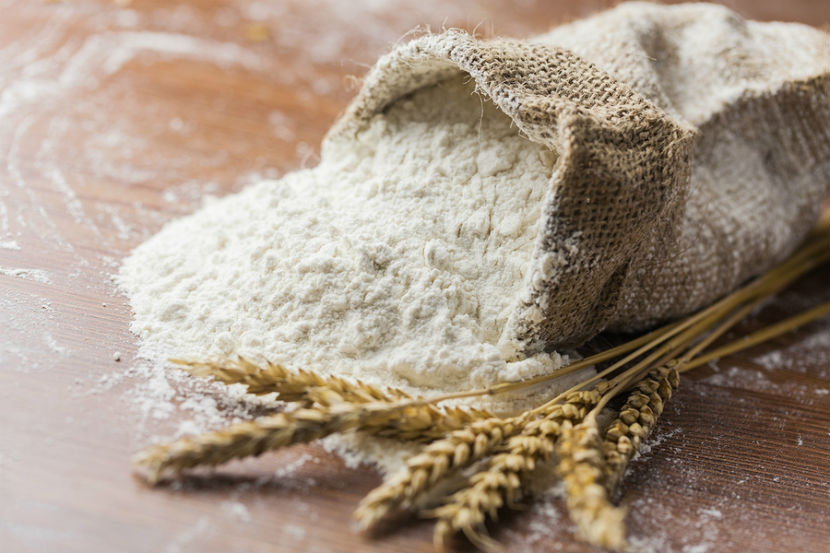The Ultimate Guide to Finding and Buying the Best Organic Flour

When it comes to baking, the type of flour you use can make a huge difference in the outcome of your baked goods. Organic flour has become increasingly popular due to its natural and sustainable farming practices, which eliminate the use of synthetic pesticides and fertilizers. If you're looking to find and buy the best organic flour for your baking needs, this ultimate guide will help you navigate the options available to you.
First and foremost, it's important to understand the different types of organic flours that are commonly available. The most common types include all-purpose flour, whole wheat flour, bread flour, and pastry flour. Each type has its own unique characteristics and is best suited for specific types of baked goods. All-purpose flour is a versatile option that can be used for a wide variety of recipes, while whole wheat flour is a healthier option that adds more fiber and nutrients to your baked goods. Bread flour is perfect for making yeast-risen breads, while pastry flour is ideal for creating light and flaky pastries.
When looking for the best organic flour, it's important to consider the source of the flour. Look for brands that use organic ingredients that are grown using sustainable farming practices. This ensures that the flour is free from harmful pesticides and chemicals that can be present in conventionally grown crops. Additionally, buying from reputable brands that prioritize quality and transparency in their production process can give you peace of mind knowing that you're getting a high-quality product.
Another important factor to consider when buying organic flour is the type of wheat used. Different varieties of wheat have different protein levels, which can affect the texture and structure of your baked goods. Hard wheat varieties, such as durum and hard red wheat, have higher protein content and are best suited for making bread and other yeast-risen products. Soft wheat varieties, such as soft red wheat, have lower protein content and are better for making cakes, cookies, and pastries.
When buying organic flour, you may also come across terms like "stone-ground" or "unbleached." Stone-ground flour is made by grinding the wheat kernels between two stone wheels, which helps retain more of the natural nutrients and flavors of the wheat. Unbleached flour is not treated with chemical bleaching agents, which can affect the taste and texture of the flour. These factors can impact the quality of your baked goods, so it's worth considering when making your purchase.
Price is another important consideration when buying organic flour. Organic products are typically more expensive than conventional products due to the higher costs associated with organic farming practices. However, it's important to weigh the benefits of organic flour, such as better taste, nutritional value, and environmental sustainability, against the higher price tag. In some cases, the investment in high-quality organic flour can result in superior baked goods that are worth the extra cost.
When it comes to where to buy organic flour, there are several options available to you. Many grocery stores now carry a selection of organic flours in their baking aisle. You can also find organic flours at health food stores, specialty food stores, and farmers' markets. If you prefer the convenience of online shopping, there are also many websites that specialize in selling organic and natural products, including a variety of organic flours.
Before making a purchase, be sure to read the product label carefully to verify that the flour is certified organic. Look for labels from reputable certifying bodies, such as the USDA Organic seal or the Non-GMO Project Verified seal. These labels indicate that the flour has met strict organic standards and is free from genetically modified organisms. Additionally, check the expiration date on the package to ensure that you're getting fresh flour that will yield the best results in your baking.
In conclusion, finding and buying the best organic flour for your baking needs requires some research and consideration. By understanding the different types of organic flours available, considering the source and type of wheat used, and looking for additional factors like stone-ground or unbleached flour, you can make an informed decision on which product is right for you. While organic flour may come at a higher price, the benefits of better taste, nutrition, and environmental sustainability can make it a worthwhile investment for anyone looking to elevate their baking game.
Leave a Reply